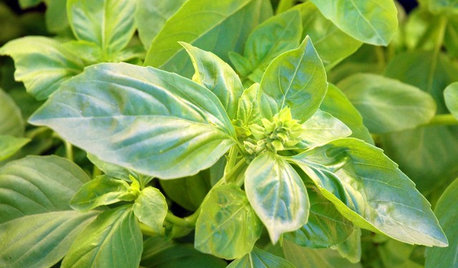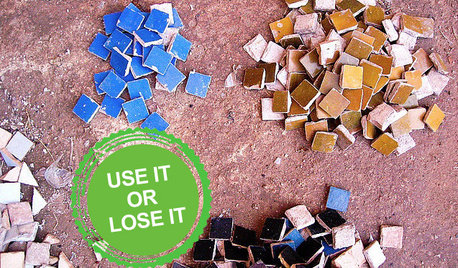Disposing of Used Cooking Oil in the Soil
yumtomatoes
12 years ago
Featured Answer
Comments (17)
zzackey
12 years agoRelated Professionals
Camas Landscape Architects & Landscape Designers · Garden City Landscape Architects & Landscape Designers · Richmond Heights Landscape Architects & Landscape Designers · River Forest Landscape Architects & Landscape Designers · Elmhurst Landscape Contractors · Hayward Landscape Contractors · Morrisville Landscape Contractors · Westchester Landscape Contractors · White Bear Lake Landscape Contractors · Goldenrod Landscape Contractors · Olathe Decks, Patios & Outdoor Enclosures · Pueblo West Decks, Patios & Outdoor Enclosures · Vero Beach Decks, Patios & Outdoor Enclosures · Waukesha Decks, Patios & Outdoor Enclosures · Westminster Decks, Patios & Outdoor Enclosureslouisianagal
12 years agoKimmsr
12 years agoBelgianpup
12 years agoyumtomatoes
12 years agoannpat
12 years agotoxcrusadr
12 years agomarthajane1990
6 years agokimmq
6 years agogumby_ct
6 years agotrickyputt
6 years agorgreen48
6 years agotoxcrusadr
6 years agotrickyputt
6 years agolast modified: 6 years agotoxcrusadr
6 years agotrickyputt
6 years ago
Related Stories

HOUSEKEEPINGHow to Fix a Stinky Garbage Disposal
No plumber’s fee or even a trip to the hardware store is required with these easy solutions
Full Story
GARDENING GUIDESHouzz TV: Make a Worm Bin for Rich Soil and Happy Plants
A worm-powered compost bin that can fit under a sink turns food scraps into a powerful amendment for your garden. Here’s how to make one
Full Story
KITCHEN DESIGN8 Kitchen Organizing Ideas for Messy Cooks
Not the clean-as-you-go type? Not to worry. These strategies will help keep your kitchen looking tidy no matter what your cooking style is
Full Story
HEALTHY HOMEDetox Your Kitchen for the Healthiest Cooking
Maybe you buy organic or even grow your own. But if your kitchen is toxic, you're only halfway to healthy
Full Story
KITCHEN DESIGNUsing White Marble: Hot Debate Over a Classic Beauty
Do you love perfection or patina? Here's how to see if marble's right for you
Full Story
EDIBLE GARDENSNatural Ways to Get Rid of Weeds in Your Garden
Use these techniques to help prevent the spread of weeds and to learn about your soil
Full Story
GARDENING GUIDESLearn the Secret to Bigger and Better Roses
Grow beautiful roses using both ordinary and unusual soil amendments
Full Story
SUMMER GARDENINGHow to Grow Basil
Bright color, quick growth and endless uses for cooking make this summer annual a winner in the garden or a pot
Full Story
KITCHEN DESIGN12 Ideas for a Knockout Kitchen
Give your cooking space sizzle with color, pattern and materials used in unexpected ways
Full Story
REMODELING GUIDESLose It: What to Do With Leftover Building Materials
See how to properly dispose of your extra brick, wood and paint — or make something cool with it instead
Full Story






phytolacca